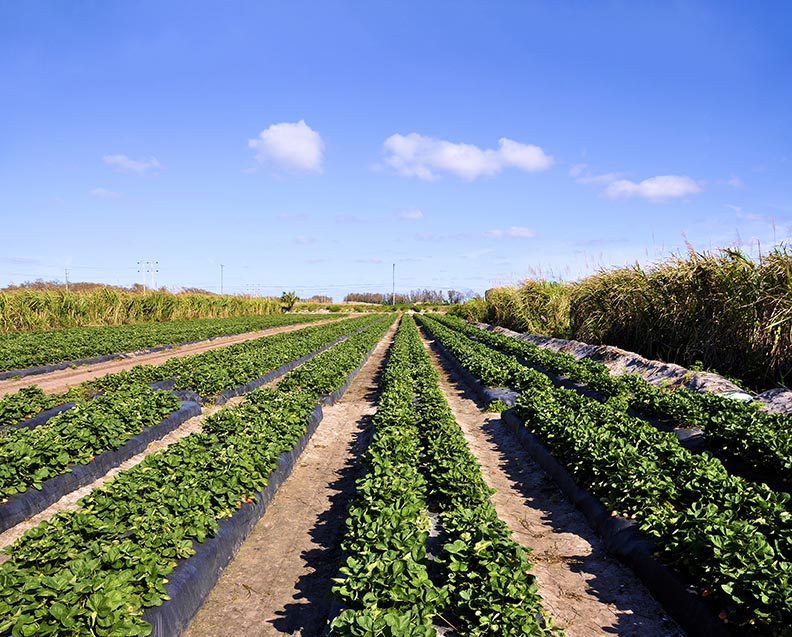By Frank Giles
Working within the constraints of regulations is nothing new in agriculture. Farmers usually find ways to produce crops within these constraints, but they often add costs that cut into profitability and sometimes reduce production.

PROPOSED RULE
In the fight against climate change, regulations are likely to be increased in all industries, including agriculture. Last spring, the Securities and Exchange Commission (SEC) proposed a rule that would require public companies to include climate-related disclosures in their financial statements. This would include reporting on Scope 3 emissions of greenhouse gases.
What are Scope 3 emissions? They encompass emissions that are not produced by the company itself, and not the result of activities from assets owned or controlled by the company, but by those that it’s indirectly responsible for, upstream and downstream of its value chain.
The SEC rule would apply to public companies, but that doesn’t mean agriculture would be exempt because in many cases growers deal with public companies. In theory, if the food you grow touches a public company somewhere along the value chain, your farm could be affected by this reporting requirement.
According to the American Farm Bureau, about 98% of all farms in the United States are private, independently owned businesses that don’t have the resources to track and report the emissions data that would be required by this disclosure rule.
Food companies have been under growing pressure to address and lower Scope 3 emissions, so it seems that some form of reporting will be required by farmers. There are several technology companies that suggest they can help with record-keeping software.
EFFORTS TO EXEMPT GROWERS
Meanwhile, the American Farm Bureau is supporting two bills in Congress (S. 5135 and H.R. 9063) that would relieve farmers from Scope 3 reporting requirements. The organization is calling on its members and other farmers to contact their lawmakers in support of the legislation.
The Senate version was introduced in late November and is called The Protect Farmers from the SEC Act. Senators John Boozman (R-AR) and Mike Braun (R-IN) introduced the legislation.
The act would exempt family farmers and ranchers from these reporting requirements, ensuring they are not required to track and disclose granular on-farm data regarding individual operations and day-to-day activities in order to stay compliant with the companies that purchase their products.
“The authors of this rule clearly lack an understanding of how agriculture works. The publicly traded corporations overseen by the SEC won’t be the ones tasked with complying with these onerous ‘value chain’ rules. That responsibility would fall on America’s family farmers and ranchers who would be forced to deal with an unprecedented amount of unnecessary paperwork. This is the last thing they need to deal with as they struggle in the face of record-high input costs, supply-chain bottlenecks, labor shortages, drought and other natural disasters,” Boozman said.
Outside of new regulations, the movement for agriculture to participate in ecosystem services is picking up. For growers to be compensated for the actions they take on their farm to protect the environment, water and wildlife resources, it will take data collection and confirmation. Farmers need to prepare to have discussions of just how much they are willing to open their books when it comes to the environment and their farming practices in the future. It is an issue that is only going to grow in the future. It is good to see organizations like Farm Bureau and lawmakers offering legislation that hits the brakes a little on these things before they put farmers in a tight spot and make their job more difficult and costly.









